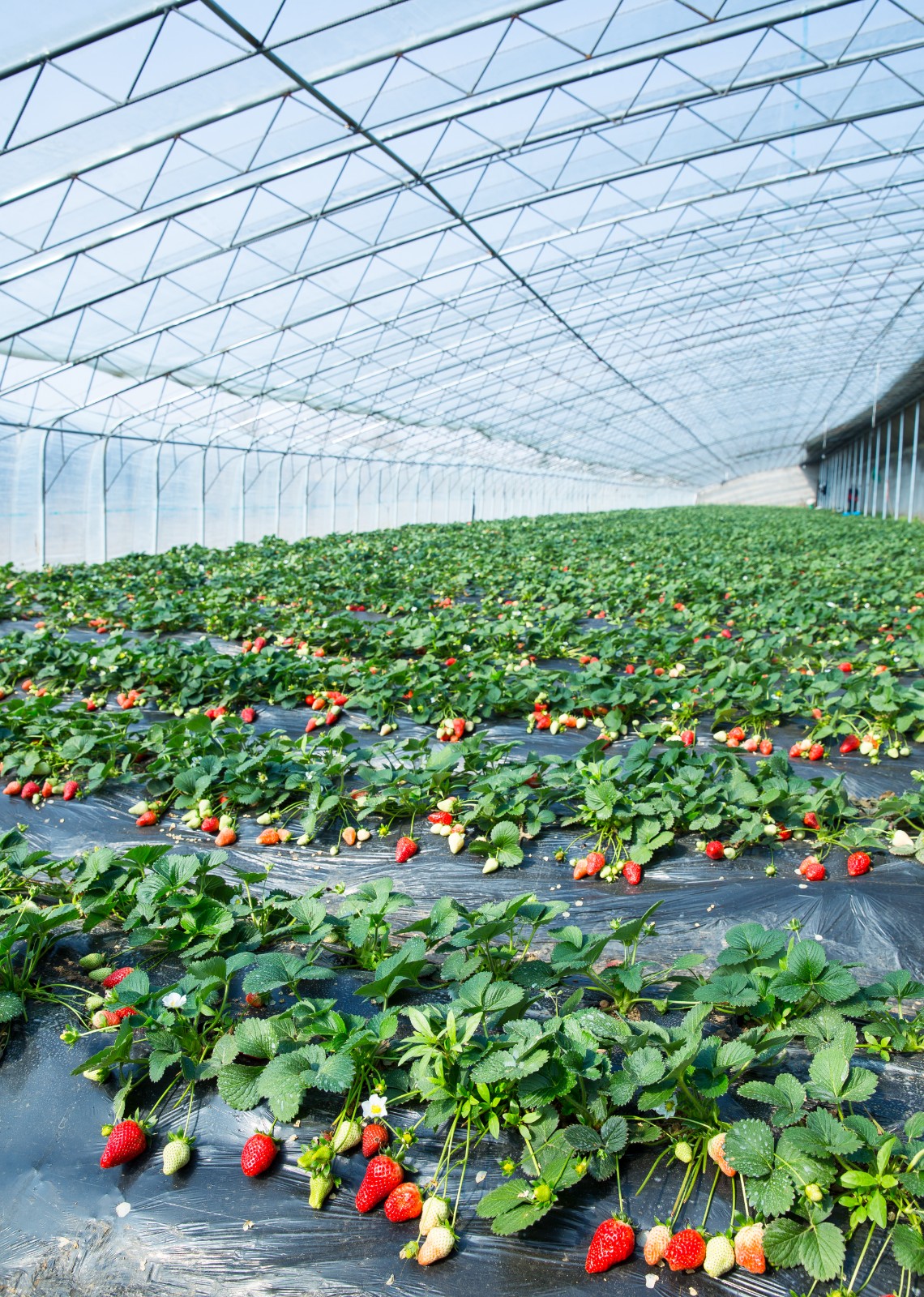The National Development and Reform Commission (NDRC) Officially Issues New Policy — Explicitly Supporting Degradable Plastics
2025-10-16(59) hits
On October 14, the National Development and Reform Commission (NDRC) officially released the document titled Administrative Measures for Special Central Budgetary Investment in Energy Conservation and Carbon Reduction.
The policy supports initiatives in key areas such as energy conservation and carbon reduction in major industries, clean alternatives to coal consumption, circular economy for carbon reduction, low-carbon, zero-carbon, and negative-carbon demonstration projects, and infrastructure capacity building for carbon peaking and carbon neutrality.
The supported areas include:
(1) Energy Conservation and Carbon Reduction Projects in Key Industries
Support will be given to energy conservation and carbon reduction upgrades in key industries such as power generation, steel, nonferrous metals, building materials, petrochemicals, chemicals, and machinery.
Support will also be provided for large-scale energy-saving and carbon-reduction retrofits deployed across industrial parks and industry clusters.
Energy-saving and carbon-reduction upgrades for heating systems, computing infrastructure, and central government agencies are also included.
(2) Clean Alternatives to Coal Consumption
Support will be provided for low-carbon retrofits of coal-fired power units and coal-chemical projects.
Industries such as food processing, tobacco, textiles, papermaking, and dyeing will receive support for replacing coal-fired boilers and industrial kilns with clean energy.
Urban and rural residents will be supported in adopting geothermal energy and biomass energy for heating.
(3) Circular Economy for Carbon Reduction
Support will be provided for:
Circular transformation of industrial parks,
Construction and renovation of national “urban mines” demonstration bases and resource recycling utilization bases,
Establishment of large-scale standardized recycling stations and green sorting centers,
Recycling and comprehensive utilization of renewable resources and bulk solid wastes, as well as remanufacturing of retired equipment,
Resource and energy utilization of agricultural and forestry residues,
Production and application promotion of degradable plastics and recyclable express packaging products,
Infrastructure construction and product application promotion for “bamboo replacing plastic” initiatives.
(4) Low-Carbon, Zero-Carbon, and Negative-Carbon Demonstration Projects
Support will be provided for:
Demonstration and application of advanced green and low-carbon technologies,
Construction and renovation of energy supply facilities, infrastructure, and carbon-reduction processes in zero-carbon industrial parks and zero-carbon transport corridors to achieve near-zero carbon goals,
Green methanol and sustainable aviation fuel production projects,
Large-scale carbon capture, utilization, and storage (CCUS) project construction.
(5) Infrastructure Capacity Building for Carbon Peaking and Carbon Neutrality
Support will focus on foundational capabilities such as carbon emission measurement, statistics, accounting, and monitoring, including:
Carbon emission data management systems,
Greenhouse gas emission factor databases,
Carbon emission measurement systems, etc.
This category only supports government-invested projects, which must be included in national-level plans or schemes and implemented in accordance with national standards and requirements.
(6) Other Projects
Projects arranged to implement major tasks assigned by the CPC Central Committee and the State Council will also be supported.
Latest article promotion
-

How to determine the quality of "plastic masterbatch"? What is the practical value of plastic masterbatch?
Because of the realization of various scientific and technological processes, there will also be more steps for the pro......
-

What factors affect the quality of black mother?
In the process of making a product, there are many factors that affect the quality of the finished product, whether it ......
-

What is the main use of the masterbatch?
The color masterbatch is made of a high proportion of additives and pigments or thermoplastic resins, the plastic paste......
-

What factors can cause the color master to fade?
The application range of color masterbatch is very wide, as long as it is basically plastic is needed, sometimes in use......
Quality article recommendation
-

How to determine the quality of "plastic masterbatch"? What is the practical value of plastic masterbatch?
Because of the realization of various scientific and technological processes, there will also be more steps for the pro......
-

What factors affect the quality of black mother?
In the process of making a product, there are many factors that affect the quality of the finished product, whether it ......
-

What is the main use of the masterbatch?
The color masterbatch is made of a high proportion of additives and pigments or thermoplastic resins, the plastic paste......
-

What factors can cause the color master to fade?
The application range of color masterbatch is very wide, as long as it is basically plastic is needed, sometimes in use......

